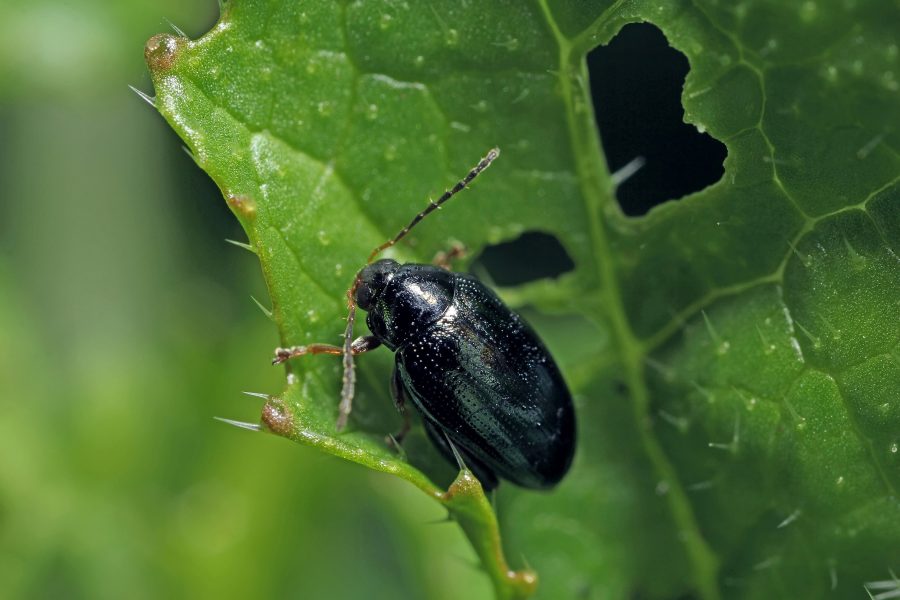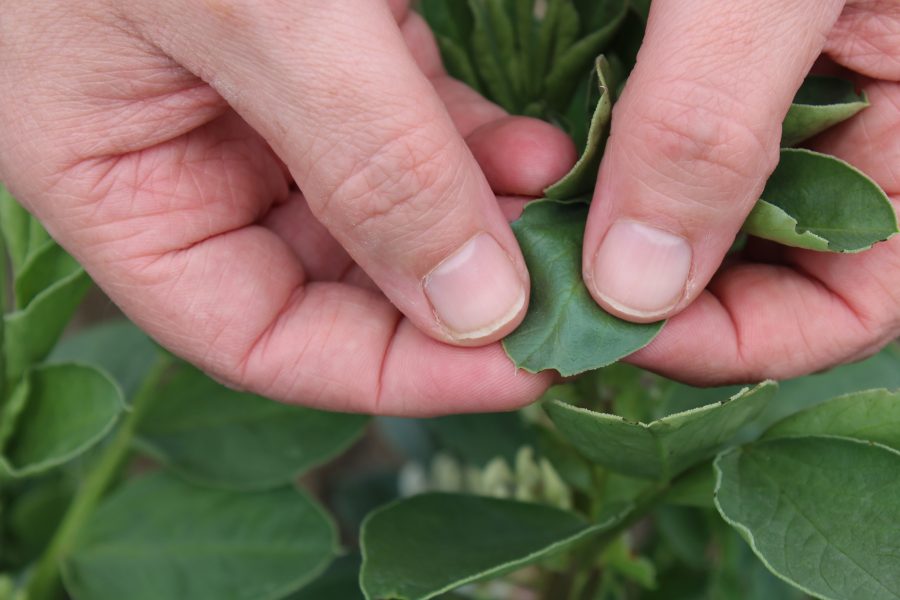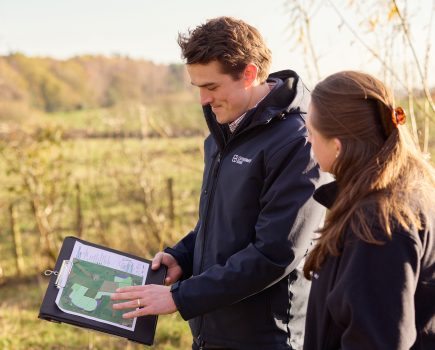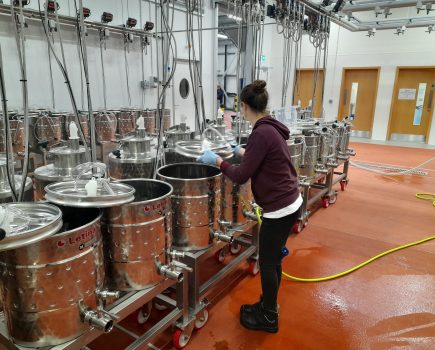The government’s Sustainable Farming Incentive (SFI) will provide an income of £45 per hectare to farmers and growers taking an integrated pest management (IPM) approach and relinquishing the use of chemicals in favour of biological solutions.
“We welcome these incentives that will help growers in England rely less on chemical insecticides. Using biostimulants, especially those containing silicon, has repeatedly produced plants that are more resilient to stresses by improving cell strength, cell adhesion, and increasing cuticle thickness,” says biostimulant specialist James Kennedy from Orion FT.
UK farm data has shown that applying silicon biostimulants to crops from strawberries to wheat has a similar effect and improves plant heath, making the crop stronger. Stronger plants are subsequently healthier and better protected against pests such as aphids, slugs and flea beetle.
“The fundamental difference to using crop protection products is that silicon acts to improve overall plant and soil health. The accumulation of silicon also increases puncture resistance and leaf hair density, fortifying the plant’s natural defences,” explains Mr Kennedy.
The SFI will apply to arable, leguminous and nitrogen fixing crops, along with horticultural and non-horticultural permanent crops such as soft, stone, and top fruits. Mr Kennedy also suggests that using silicon biostimulants on these crops will help mitigate against climate extremes.
“Crops treated with silicon establish deeper-searching root structures capable of finding more nutrients and water. The UK is experiencing ever higher temperatures and longer drought periods so it makes sense to incentivise growers to use products that can counteract this,” he concludes.

Common threats such as Cabbage Stem Flea Beetle can be deterred by treating crops with silicon biostimulants







